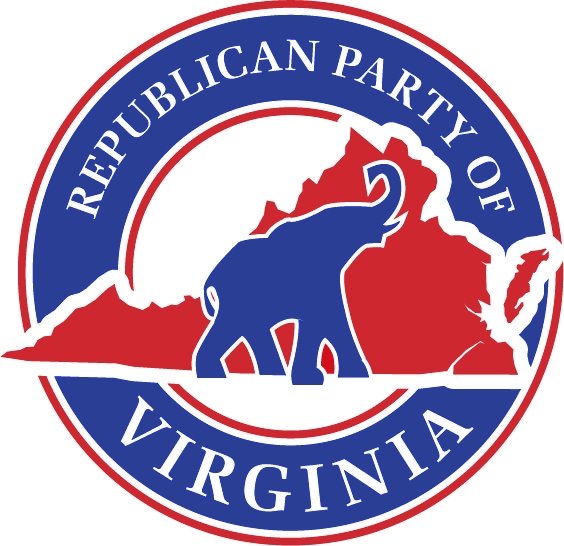In four separate meetings over the past three months, the majority of the State Central Committee (SCC) has voted five different times to nominate our statewide candidates at a convention. However, a minority of the SCC has refused to cooperate with the majority in trying to make the convention as inclusive to Republican delegates as possible. The minority says they want more people involved, they want delegates to be able to vote close to their homes, and they do not want any Party Plan Amendments considered at the convention. In the published statement copied below, the majority members of SCC have offered to meet each of those concerns. The statement reads:
Since our first vote on the issue in December 2020, the State Central Committee members supporting a convention to nominate our 2021 statewide candidates have supported an unassembled convention. We have advocated for a convention very similar to last year’s statewide convention – with multiple polling locations – that will allow delegates to vote safely, quickly, and conveniently.
Under our proposed convention structure:
- Each Congressional District would have a sufficient number of voting locations to provide all delegates with reasonable transit time to convenient polling locations. Geographically large districts would be required to have multiple locations to cover the entire district.
- No Party Plan amendments would appear on the ballot; delegates would only be voting to nominate our statewide candidates.
- We would remove limits on the number of delegates who can be elected; anyone who properly files to be a delegate would be able to vote at the convention.
Our approach has several benefits:
- Delegates can vote in their localities. No one will have to travel to a central location, in Lynchburg or elsewhere. The party will identify locations convenient even for delegates in remote locations.
- It provides proper oversight to ensure confidence in the results. To execute a successful unassembled convention with multiple local polling places, each local polling location requires neutral observers and oversight as well as troubleshooters who can quickly resolve issues that may arise. Our proposed convention structure carefully strikes the balance between the twin goals of having convenient polling locations and providing adequate oversight and troubleshooting capability at each location.
- It ensures uniformity and fairness. Because this is a state convention nominating statewide candidates, it is important our convention takes a uniform approach across all Units and Congressional Districts. By basing the number of polling places on the geographic size of the district, we ensure every unit and district is providing all delegates the same degree of access to their locality’s polling place. Moreover, under our proposal, the RPV Executive Committee will review site selections to ensure fairness.
- It is efficient. Using ranked choice voting will allow delegates to check in, vote, and leave.
- It avoids controversial Party Plan amendments. Last year’s statewide convention included several hotly debated proposals regarding RPV structure and policy. Under our plan, no amendments will be considered at this convention. Voters will only need to vote for the nominees for Governor, Lieutenant Governor, and Attorney General.
- It maximizes participation and minimizes administrative work and costs. By removing the delegate limits, any Republican activist can participate.
We urge our colleagues on the State Central Committee to accept this compromise. We believe it is in the best interest of the party. It provides our candidates, who have for months been planning for a convention with remote voting sites, the certainty they need in order to properly execute their campaigns. It provides Republican activists convenient voting sites and allows for maximum participation by our activists.
At this point, time is of the essence. We have no choice but to continue to prepare for a legal single-location convention. However, our strong preference is to execute the convention plan with local polling sites as we have described, and we are prepared to immediately turn to planning it. Recalcitrant State Central Committee members need only say the word.
The minority members so far have refused to accept the majority’s offer. They still refuse to help the RPV hold a nominating process that is open to and convenient to all Republicans. The majority have offered solutions to all of the minority’s declared issues. That causes me to wonder what the real reason is for the minority’s obstinance. What is the minority not telling us?

